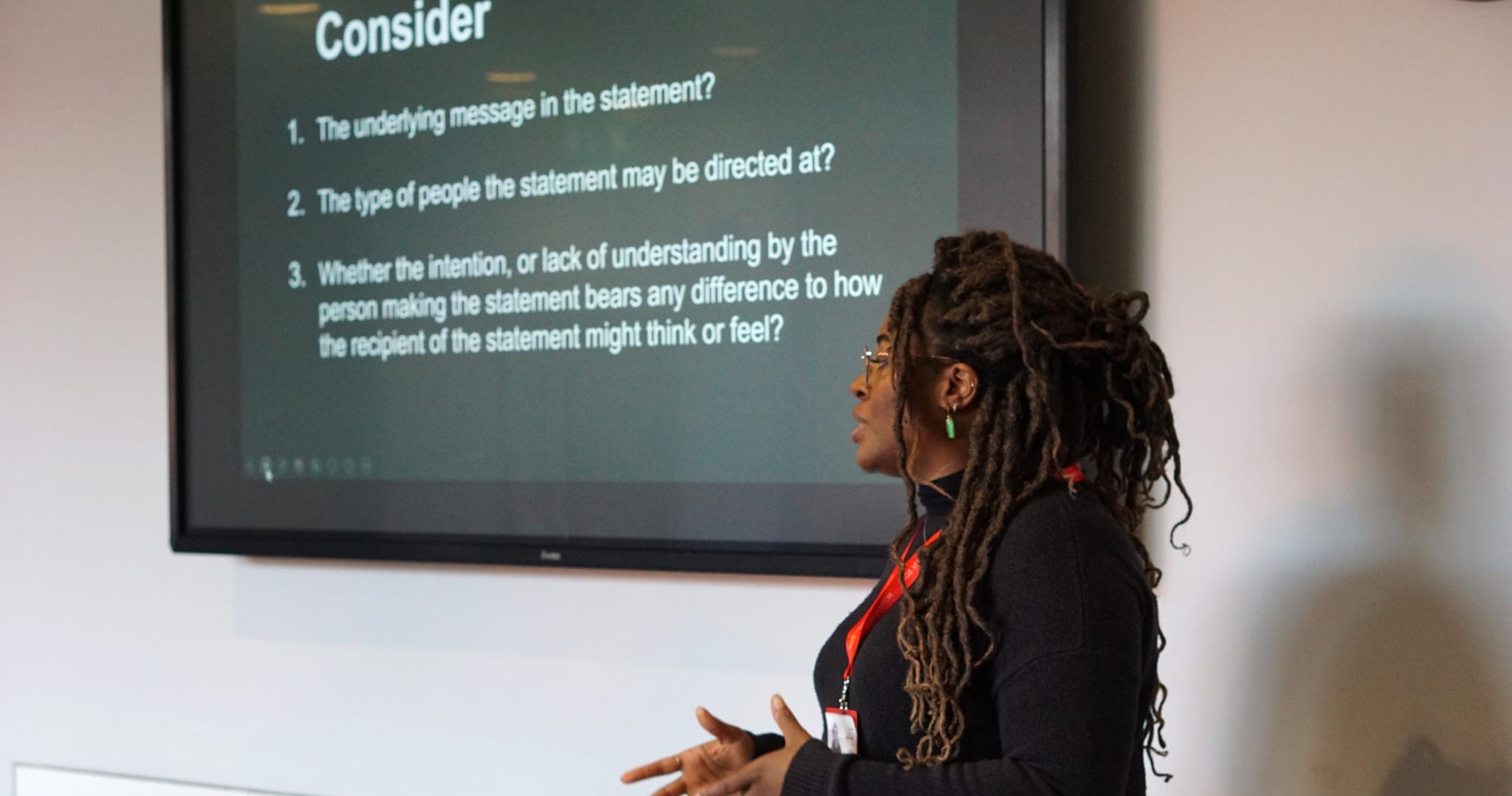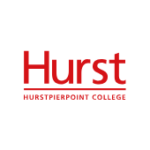Our workshops are tailored to address the most pressing challenges in schools, guided by historical context, data, and continuous feedback from educators, parents, students, and institutions themselves.
Why Choose ACEN and Our Collaborative, Facilitator-Led Training?
ACEN’s approach is rooted in lived experience, educational expertise, and a deep understanding of racial inclusion within schools. Our collaborative, facilitator-led model ensures that sessions are interactive, reflective, and tailored to your community’s unique needs, driving lasting cultural change, not just compliance.
We know from feedback that this work is most impactful when everyone is engaged in the conversation and feels safe to ask questions. Our facilitators are skilled in creating spaces for honest, constructive dialogue, acknowledging that conversations about race are often rare and typically occur in contexts of debate rather than meaningful exchange. We also recognise the value of learning from each other, in acknowledgement that many of the challenges, and the less obvious ways of causing offence, are not unique to any one group, and have, at some point, been experienced or enacted by us all.
Each facilitator brings deep insight into the distinct challenges faced by a range of educational settings, whether state or independent, junior or senior, racially diverse or predominantly white spaces. They guide participants in navigating sensitive issues with empathy, knowledge, and confidence.
Our team’s strength lies in its diversity of perspectives, spanning all levels of the school community, from Governance to Senior Leadership Teams and classroom staff. At the heart of our practice is a commitment to centring the lived experiences of (nationally) racially minoritised students, parents, and teachers, ensuring our work remains grounded, relevant, and impactful.
To evidence this, a selection of testimonials from student workshops can be found at the bottom of this page.







